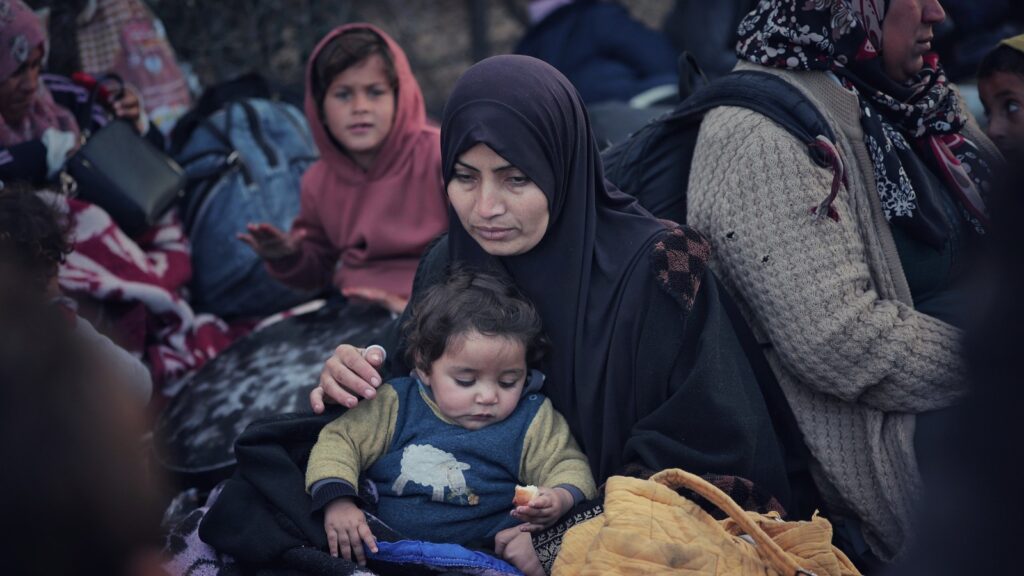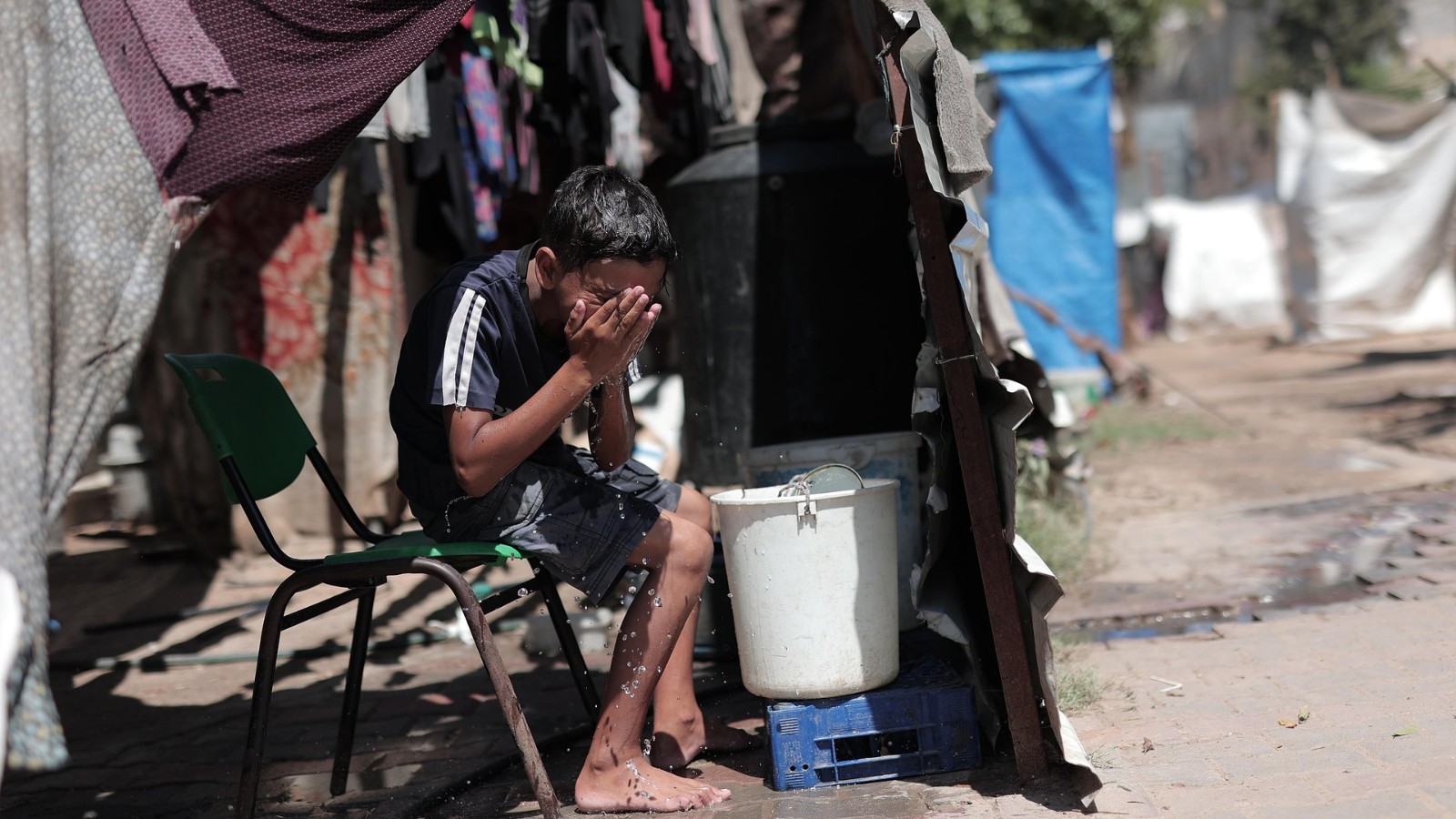By Muriel Tyan, Senior Consulting Psychologist
In the heart of Gaza, where the sounds of conflict and the shadows of despair are constant companions, humanitarian workers toil endlessly. Stories of their exhaustion are commonplace.The nature of humanitarian work is inherently demanding requiring not just physical stamina but emotional resilience, as workers grapple with the immediate needs of vulnerable populations amidst ongoing crises. In Gaza, this work is exacerbated by ongoing war and total collapse of the infrastructure. Workers are often confronted with heartbreaking realities—children suffering from malnutrition, families displaced from their homes, and communities shattered by violence. While one might assume that the relentless workload is the primary cause of this exhaustion, the reality is often more complex.
The emotional toll extends beyond the daily challenges of providing aid. Humanitarian workers frequently face moral dilemmas and the weight of responsibility for the lives they touch. The constant exposure to trauma can lead to moral injury, compassion fatigue, a state where the emotional reservoir becomes depleted, leaving workers feeling numb and at times, disengaged. Humanitarian workers face a unique and profound challenge: emotional burnout. The true source of their burnout in Gaza is not merely the volume of tasks but the struggle to find meaning in a landscape marred by suffering and hopelessness.
At the core lies a profound struggle for meaning.
Humanitarian workers enter this field driven by a desire to make a difference, to alleviate suffering, and to contribute to a better world. The work promises meaning, and for a while, it delivers. The early days are full of urgency and idealism. They have a lot of hopes and empathy, a lot of people to save and to protect. Victories—no matter how small—are felt keenly and celebrated. Someone receives food, shelter, protection, or simply a kind word, and the world may feel momentarily repaired. People are remarkably resilient when they believe their efforts matter. When workload is high but meaning is present, exhaustion can often be tempered by fulfillment and one can endure long days, uncertainty, and even danger to an extend. But when meaning evaporates, every task, no matter how simple, weighs heavily.
In a context where their efforts often seem like a drop in the ocean, it’s easy to feel disillusioned. When the systems in place appear ineffective or the suffering persists despite their best efforts, their initial motivation can quickly fade.
This quest for meaning is particularly acute in Gaza, where the cycle of conflict and despair feels unbreakable. Humanitarian workers find themselves trapped in a paradox: they are deeply committed to their cause, yet often witness the limitations of their impact. This dissonance can lead to a sense of futility and loss of sense of purpose.
Humanitarian workers often immerse themselves deeply in the lives of those they serve, driven by a profound sense of compassion. However, this intense commitment can make it challenging to maintain emotional boundaries. As they form strong attachments, the lines between professional and personal involvement may blur, leading them to prioritize the needs of others over their own mental health. This cycle of overcommitment can pave the way for burnout or even moral injury, particularly when they face the harsh reality of not being able to help everyone or when their efforts seem insufficient. Such experiences can evoke feelings of helplessness and diminish their sense of purpose. Over time, this can lead to compassion fatigue, where the very empathy that inspires their work takes a toll on their emotional and mental well-being.
Addressing this issue requires organizations to provide a holistic approach that prioritizes mental health, fosters community, and emphasizes the importance of recognizing small victories. Humanitarianism is, above all, an act of hope—a belief that the world can, and should be made better. The challenge is not just to lighten the load, but to remind each other, time and again, that the load matters, and that together, we carry it for a reason. Therefore, organizations must recognize the importance of fostering a sense of meaning among their staff whilst ensuring their wellbeing and safety.



